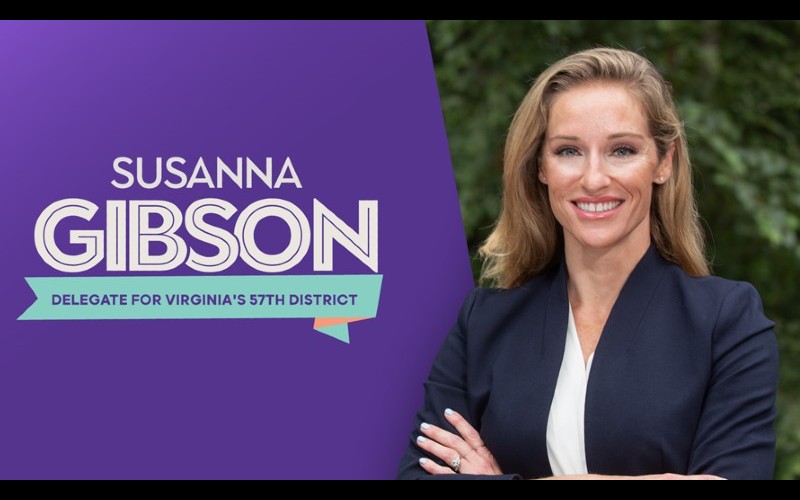Polling suggests Ramaswamy is a longshot to become president of the United States but it’s not a longshot to predict the young, energetic entrepreneur could land in a key spot in a Republican administration, a spot that would make him an important leader.
And not just on social media.
Along those lines the Israel policy Ramaswamy, an Indian-born Hindu, says he would favor as president – starting with the end of military aid -- has drawn a lot of attention.
“Vivek Ramaswamy is not taking a strong Israel position,” Joel Rosenberg, the best-selling author and editor of All Israel News, said on American Family Radio this week. “It has became clear he does want to end all military aid. He doesn't see it as necessary.”
Rosenberg is speaking from first-hand experience after he recently aired a 50-minute one-on-one interview with Ramaswamy on The Rosenberg Report.

President Harry Truman made the United States the first country to officially recognize the modern-day Israel after its creation in 1948.
According to the U.S. Embassy in Israel, the relationship has grown to one anchored by an annual $3 billion in military assistance by the U.S. for a Jewish state surrounded by enemies.
The two nations also conduct joint military exercises, and share military research and weapons development.
They have worked closely together in the fight against terrorism. Chief among Israel’s enemies is Iran which sits not far to the east. The two are separated mostly by Iraq and Saudi Arabia.
Did Ahmandinejad really say that?
It was Iranian president Mahmoud Ahmandinejad who was quoted in 2005 as saying Israel should be “wiped off the face of the earth.”
Ahmandinejad’s statement has been dissected and softened through the years. He’s never further clarified his position.
 “I hope there's a point where Israel doesn't need aid, but when you've got Iran, a country of 80 million people, and Israel is a country of less than 10 million people, and Iran is rapidly trying to build nuclear weapons and already has the missiles to hit us, the idea of America suddenly cutting Israel loose and saying, ‘Look, we’ve got domestic problems to solve. We're not going to stand with you and help you,’ that's a problem,” Rosenberg told show host Jenna Ellis.
“I hope there's a point where Israel doesn't need aid, but when you've got Iran, a country of 80 million people, and Israel is a country of less than 10 million people, and Iran is rapidly trying to build nuclear weapons and already has the missiles to hit us, the idea of America suddenly cutting Israel loose and saying, ‘Look, we’ve got domestic problems to solve. We're not going to stand with you and help you,’ that's a problem,” Rosenberg told show host Jenna Ellis.
Ramaswamy has been clear and forceful in his positions throughout his campaign – such as his desire to clean house at government institutions like the IRS, the Department of Justice and more – but he has backtracked a bit on Israel, Rosenberg said.
“He feels on the defensive a bit, and rightly so, because Israel is a huge issue for Republicans generally, for Americans more broadly and then certainly for Evangelicals," Rosenberg observed.
'Are you new to this game?'
Israel isn’t the only issue that makes Ramaswamy a concerning candidate, Rosenberg said. His talking points on Iran and abortion are also problems.
Rosenberg said Ramaswamy has gone on record with Israeli media and said his willingness to engage Iran in its efforts to grow its nuclear program has limits.
“He told an Israeli newspaper (on the question of force) … would he use military force if there was no other option to stop Iran from getting nuclear weapons? He would not," Rosenberg said. "That’s what Vivek Ramaswamy said on the record. It was printed. When I pressed him on that he said, ‘No, no, no, I just mean I wouldn’t put boots on the ground.
“Vivek, are you new to this game? Somebody asks you if you would use military force to stop Iran if there’s no other way, and you say you’re an anti-war president? That’s what he said. Don’t come back later and say, ‘Well, I meant I wouldn’t invade Iran like we invaded Iraq. He’s being slippery on foreign policy,” Rosenberg said.
 While he has strong opinions on Iran and Israel, Ramaswamy says he would defer to states on the question of abortion.
While he has strong opinions on Iran and Israel, Ramaswamy says he would defer to states on the question of abortion.
That’s what the U.S. Supreme Court mostly did in its Dobbs v. Jackson Women’s Health ruling last summer. The power to regulate abortion was returned to the states setting off a number of restrictive laws in red states.
Rosenberg said there still needs to be some federal influence on the topic and that Sen. Lindsey Graham’s (R-South Carolina) proposed 15-week ban is a good place to start.
“[Ramaswamy] is so off the reservation on classic conservative grassroots positions like defending life, like to say that New York and California can kill babies because they’re blue states. He tried to make the argument to me that federal law doesn’t get into murder laws,” Rosenberg said.
Rosenberg said the Dobbs decision does not prevent the federal government from making a stance.
“Dobbs means that the state now finally can weigh in but it doesn't mean that Congress cannot," Roserberg insited. "Most of us who are pro-life think that Congress should and that we should look for consensus. I want to ban all abortion at all times, but I'm not running. I think we can at least have a consensus on Lindsey Graham's 15-week ban once an unborn baby feels pain. We can at least start there.”














